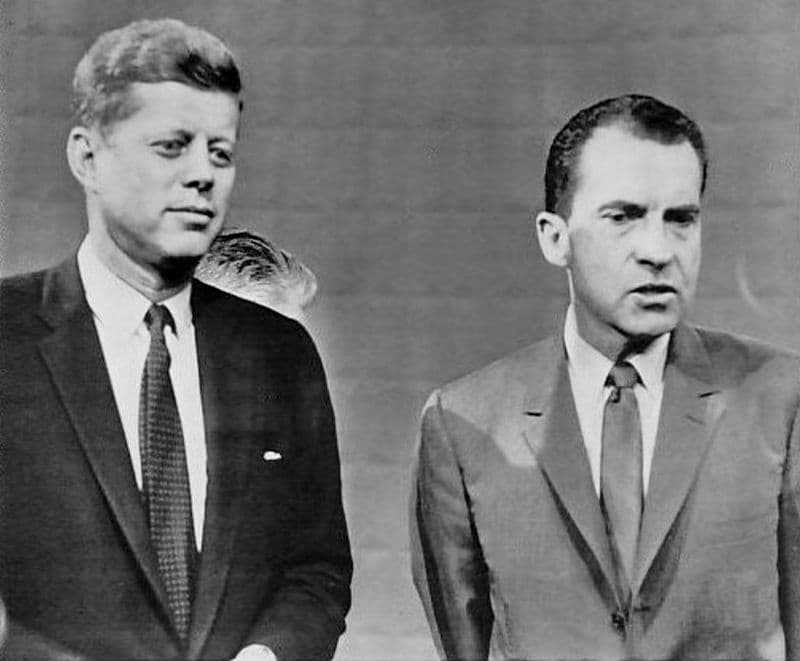The Demise of Debate? Trump’s Refusal To Face His GOP Challengers Portends a Problem for Republicans
GOP worries that Trump’s refusal to debate his Republican challengers could give President Biden an excuse to avoid debating his predecessor if they meet again in 2024.

President Trump’s decision to abstain from the first Republican primary debate on Wednesday bodes ill for the future of deliberation in a democracy, some scholars say.
Please check your email.
A verification code has been sent to
Didn't get a code? Click to resend.
To continue reading, please select:
Enter your email to read for FREE
Get 1 FREE article
Join the Sun for a PENNY A DAY
$0.01/day for 60 days
Cancel anytime
100% ad free experience
Unlimited article and commenting access
Full annual dues ($120) billed after 60 days

